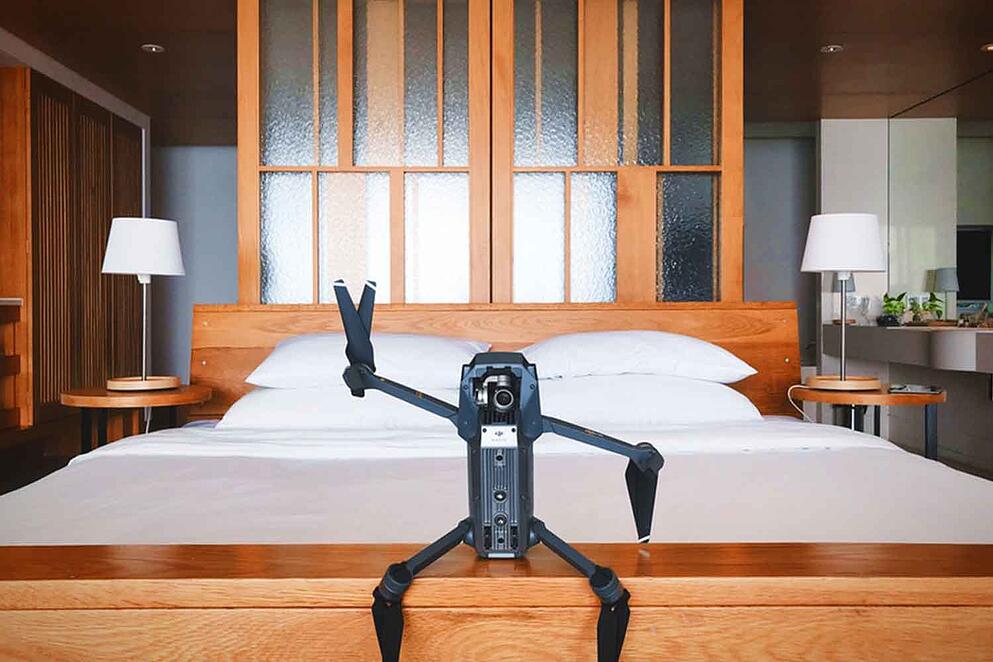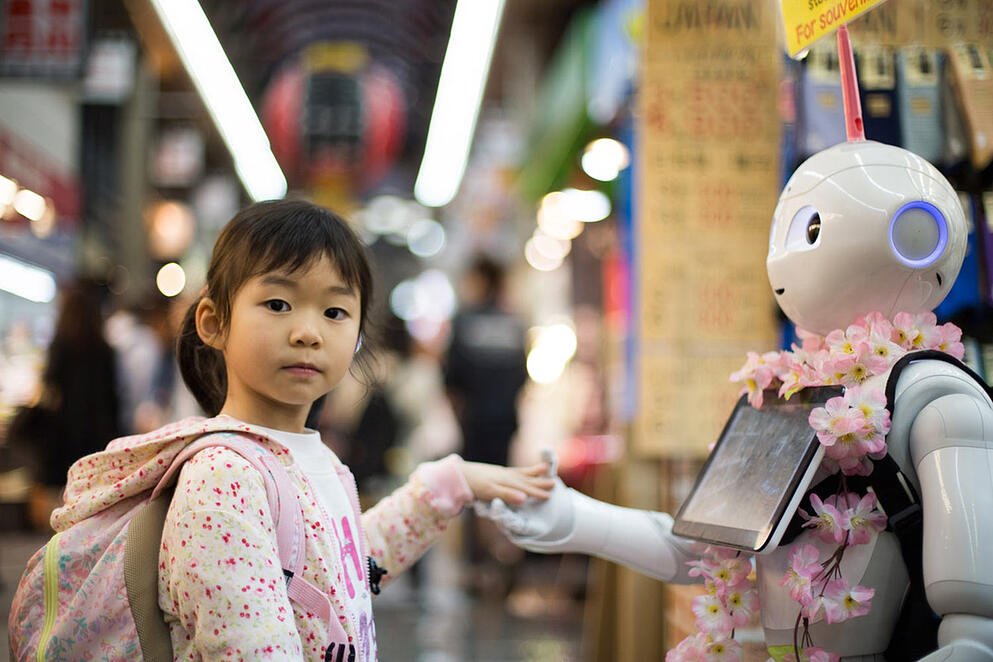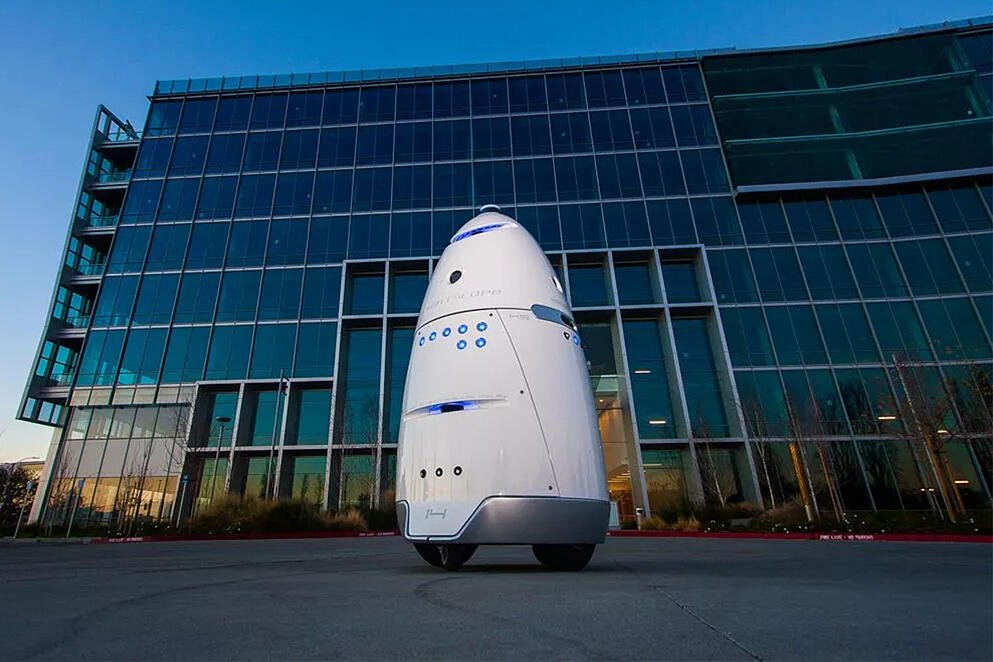AI: How robots are affecting our future and our jobs
Recent advances in artificial intelligence mean the world has welcomed its first robotic citizen. Meet Sophia – the latest in artificial intelligence (AI) innovation.
This could mean a dramatic change in lifestyle for the rest of us human folk over the coming years; affecting our children and their children in ways we never anticipated.
Who is Sophia?
Sophia was made by David Hanson and his team in Hong Kong. She was officially ‘born’ – or switched on – in April 2016. However, she’s not the first of her kind from Hanson Robotics; who have created a range of humanoid robots over the last 10 years.
Sophia is, however, the most advanced robot of her time. She is attached to a pair of legs, granting her complete self-mobility. She is constantly learning and can identify and mirror some human emotions, which is something Hanson Robotics want to incorporate into more robots in the future, and continues to be a stumbling block in AI.
With Sophia’s capabilities, robots will be able to learn to do human tasks and become a useful asset to everyday life. They will be programmed to do jobs to the best of their capabilities, with none of the restrictions humans face every day at work. For example – sleep deprivation from a late night attending to a screaming baby, or physical restraints like a broken arm. Plus, they’ll never pull a sickie.

No jobs or more jobs?
AI will soon be seen in all sectors, from hospitality and education to tansport and healthcare. Most sectors already use some form of AI – for instance, tourist information robots in the travel industry.
Domestic robots carrying out cleaning duties like hoovering and ironing will likely be some of the first robots we will see appearing in homes over the next 50 years. Many households already own robot vaccums. So, nagging your future kids to do chores like you endured as a child may no longer be necessary.
But, will all this mean robots taking over our jobs, leaving us out of work? Not neccessarily. There will be an increased demand for roles like robot programmers and AI engineers. We would need to cater to AI and technology needs across many sectors, creating more jobs in computing. Naturally, jobs in the tech industry in particular will boom.
That’s where Learning People come in. We provide courses in these fields – including coding, data science, cyber security, networking, and more – enabling you to adapt for the future of careers.
Read on to find out what the increased use of AI and robotics across most industries today means for the future of human work.

Better quality of life
With robots doing the unpleasant jobs, and at unsociable hours, hopefully humans can enjoy a better quality of life. Already, robots have been developed that can clean up nuclear waste, inspect pipes, and detect pathogens in sewers.
And it’s not just less intense jobs and more free time that people can look forward to. AI in healthcare is already helping people with serious illnesses, such as quickly analysing datasets to match patients with organ donors, lengthening people’s lives.
Self-driving cars will change the face of transportation as we know it. People will no longer need to drive, reducing the risk of human error in causing car accidents. More efficient public transport could mean fewer vehicles on the road and a positive impact on air quality and carbon emissions.
New tech career opportunities
Robots aren’t just taking over traditional human jobs, they’re creating new ones for us. Economist Mariano Mamertino said:
“Employers in every sector are keen to utilize artificial intelligence and need workers with the right skills to aid these roles.”
This means that previously unheard new employment opportunities will open for humans to create, code, maintain and debug AI and robot technologies in all sectors. You could become a hospital robot maintenance worker, a smart transport engineer, or an AI technician in a school – the possibilities are endless and unimaginable today.
Tech jobs that will be increasingly in demand due to advances in AI include:

Safer spaces
There’s a big possibility that security guard robots and AI police technology will have a place in our future, which won’t need intensive training like people do. Silicon Valley has already got its very own robot security guard, seen in the picture above. Robots have been used in police search operations, exploring danger zones, negotiations, apprehending suspects, rescues, bomb disposals, deploying weapons, and much more.
Using AI robots to police incidents of violence and terrorism will reduce risk to human life, for both the authorities and civilians. This will help to protect officers’ physical and mental health, by preventing the need to send police officers into potentially traumatic and harmful situations.
Cleaning and disinfectant robots are already in use in some hospitals, removing human cleaners from risk of infectious diseases and potentially spreading them.
The dangers of the future
With every technology comes the power to abuse it. In the wrong hands, or through hacking, robots could end up more of a hindrance to society than a help.
The worry that ‘robots will take over the world’ is an understandable and potentially possible one. That’s why cyber security roles will become more prevalent than ever, as new artificial intelligence gains the capability to hack into man-made systems.
Interested in a career in AI?
AI is one of the most exciting sectors of our time. The potential to shape its future lies with us now, and you could be a part of it.
Even if you have no prior experience in tech, we can help. Learning People offers courses to novices and professionals alike. Our career consultants are waiting to speak to you today about which courses would benefit your career and job aspirations.
We’ve helped hundreds of students to start new careers in technology. Meet our student Andrew, who discusses his experience studying full stack development with us and the impact it’s had on his career:
If you’re interested in coding the next Sophia, implementing AI into public services, or engineering new robotics, we can help. Schedule a call with our consultants today to learn where a career in tech could take you.
Topics: